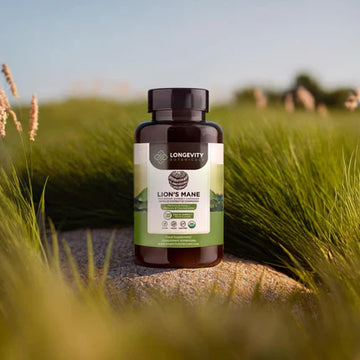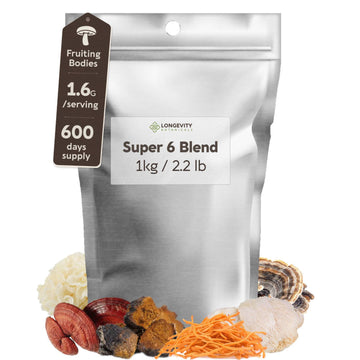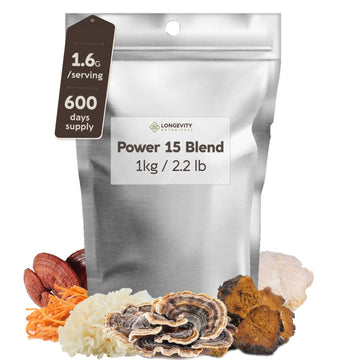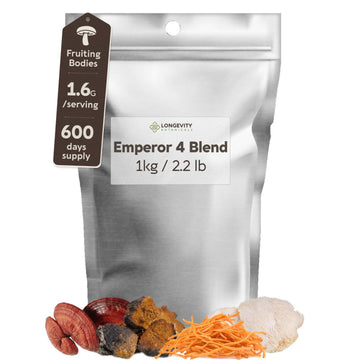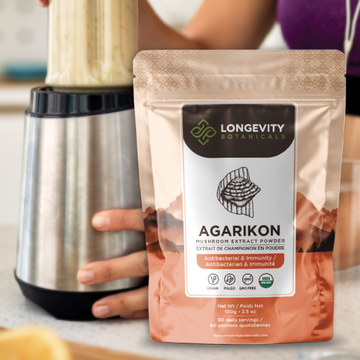Inflammation is a natural response by the body to protect itself from harm, such as infections and injuries. However, chronic inflammation, which can be caused by various factors including diet, can have detrimental effects on our health. Inflammation has been linked to several chronic diseases, such as heart disease, diabetes, and autoimmune conditions. While there are many foods that can help reduce inflammation, there are also certain foods that can exacerbate inflammation. In this article, we will explore the 10 worst foods for inflammation.
- Sugar and High-Fructose Corn Syrup: Added sugars, such as those found in sugary beverages, desserts, and processed foods, can lead to inflammation. These sugars can spike blood sugar levels, leading to insulin resistance and inflammation in the body. High-fructose corn syrup, which is a common ingredient in many processed foods and beverages, has also been associated with increased inflammation and may contribute to chronic diseases.
- Processed Foods: Processed foods, such as fast food, frozen meals, and snack foods, are often high in unhealthy fats, sugars, and artificial ingredients. These foods can promote inflammation in the body due to their high levels of trans fats, refined carbohydrates, and preservatives. They can also disrupt the balance of gut bacteria, leading to inflammation and other health issues.
- Vegetable Oils: Certain vegetable oils, such as corn, soybean, and sunflower oils, are high in omega-6 fatty acids. While omega-6 fatty acids are essential for our health, an excessive intake of these fats relative to omega-3 fatty acids can promote inflammation in the body. These oils are commonly used in cooking and processed foods, so it's important to be mindful of their intake.
- Fried Foods: Fried foods, such as French fries, fried chicken, and doughnuts, are high in unhealthy fats and can increase inflammation in the body. The high levels of trans fats and saturated fats found in fried foods can trigger inflammation, leading to oxidative stress and damage to cells.
- Red and Processed Meats: Red and processed meats, such as beef, pork, and sausage, are high in saturated fats and can promote inflammation in the body. Processed meats, such as hot dogs and deli meats, also contain nitrates and nitrites, which have been linked to increased inflammation and an increased risk of chronic diseases, including cancer.
- Alcohol: Excessive alcohol consumption can contribute to inflammation in the body. Alcohol can disrupt the gut barrier, leading to an increased leakage of toxins into the bloodstream, which can trigger inflammation. Alcohol can also interfere with the body's ability to absorb and utilize nutrients, further exacerbating inflammation.
- Artificial Additives: Many processed foods contain artificial additives, such as food colorings, preservatives, and flavor enhancers, which can trigger inflammation in the body. These additives are often found in processed snacks, sodas, and fast food, and can contribute to chronic inflammation and other health issues.
- Refined Carbohydrates: Refined carbohydrates, such as white bread, white rice, and pasta, can cause a rapid spike in blood sugar levels, leading to inflammation in the body. These carbohydrates are low in fiber and other nutrients, and their excessive consumption can lead to insulin resistance and inflammation.
- Dairy Products: Some individuals may be sensitive to dairy products, which can trigger inflammation in the body. Dairy products, such as milk, cheese, and yogurt, can contain proteins that may promote inflammation in certain individuals, especially those with lactose intolerance or dairy allergies.
- Artificial Sweeteners: Artificial sweeteners, such as aspartame, saccharin, and sucralose, are commonly used in sugar-free and diet products. However, these sweeteners have been associated with inflammation as well.
There are several natural ways to reduce inflammation in your body, one of which is consuming Turkey tail mushroom extract, this mushroom contains the higher percentage of Beta-d-glucan in the mushroom world and may help you with you gut, digestion system and inflammation of the body.

